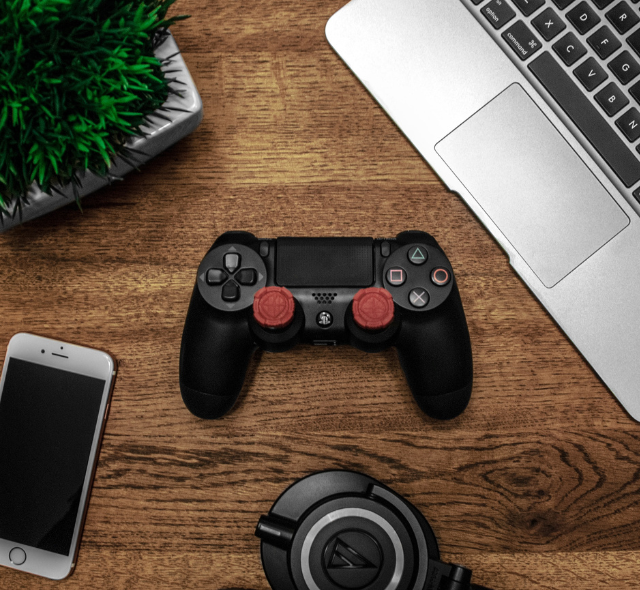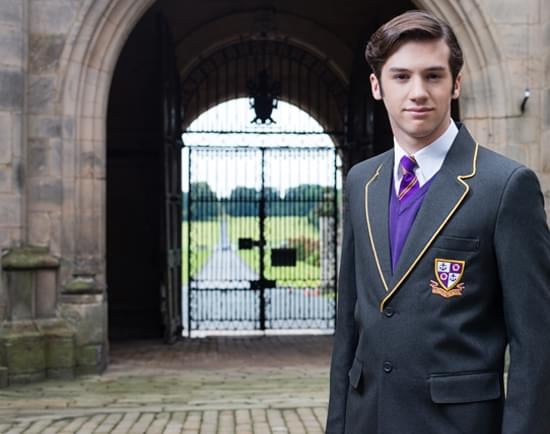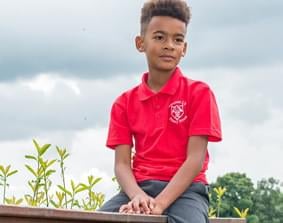How do I keep my children safe online?
It’s safe to say the internet has become an integral part of our everyday lives. While easy access to the internet has helped us with shopping, keeping in touch and learning about anything at the click of a button, it can also pose serious risks to our children.
So, what can you do to make sure you and your children stay safe and informed online?
First of all, it’s important to speak to your children about the risks of going online. While children and teenagers may be tech savvy, they don’t have the life experience of knowing when someone they’re interacting with is genuine or not, whether something is a scam, or the kinds of content available out there on the world wide web.
The NSPCC has some great advice for starting these conversations with your children. They recommend you introduce these issues into everyday conversations, such as when you’re asking them how their day at school went, so they feel comfortable opening up to you. NSPCC also give advice on age-appropriate conversations to help you out too.
Parental controls
One of the easiest things you can do is set up parental controls. These allow you to block and filter content across Wi-Fi, phone networks, apps and devices. They can help you manage how long your children spend online and at what times, create content filters to block inappropriate content, and manage individual content access.
For television apps like BBC iPlayer and Amazon Prime Video, you can set up different profiles for adults and children, which means you can restrict what children can see. Having their own profile can give them a sense of responsibility and trust, and you don’t have to watch over them all the time while they’re scrolling for a programme to watch.
Social media
Social media can be a great way for children to interact with each other, but it can also be harmful to their mental health.
While social media channels often require a minimum age of 12 or 13 to create an account, this has not been particularly well-regulated in the past.
As a parent, it’s up to you to decide if your child has social media accounts, even if they believe they’re old enough. If you decide to let them, make sure your children have you as a friend/follower on any accounts (even if it means creating a profile for yourself). And be especially aware of the latest trending social media channels – for example, BeReal is a new channel that’s becoming increasingly popular with young people.
Be a good role model
Think about how you post about your own children online and who can see those images. You can set your Instagram to private, and you can control who sees your posts on Facebook (e.g. friends, friends of friends, or public).
If you’re using Instagram Stories, you can also select certain people to be able to view them. For example, if you have a public account but are sharing a story with your children in it, and you only want certain people to view it, it’s easy to do this.
Government regulation
The government has just introduced the Online Safety Bill – a new set of laws to help protect both children and adults online by making social media companies more responsible for their users’ safety on their platforms.
The bill is designed to protect children by making social media platforms:
- Remove illegal content quickly or prevent it from appearing in the first place. This includes removing content promoting self-harm
- Prevent children from accessing harmful and age-inappropriate content
- Enforce age limits and age-checking measures
- Ensure the risks and dangers posed to children on the largest social media platforms are more transparent, including by publishing risk assessments
- Provide parents and children with clear and accessible ways to report problems online when they do arise
For full information about this bill, click here.
And for more advice about online safety, visit this NSPCC page.






